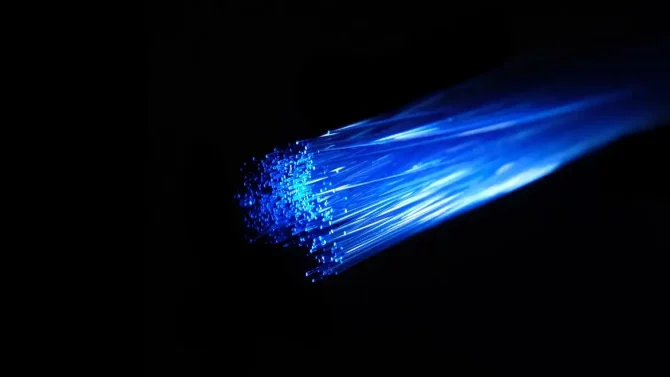
Japan Sets World Record for Fastest Internet Speeds “319 Terabits Per Second”. Japan recently made headlines by breaking the world record for the fastest internet speed, with a data transfer rate of 319 terabits per second (Tb/s). To put that into perspective, it is about 7.6 million times faster than the average home internet speed in the United States, which is 42 megabits per second (Mbps).
The team of engineers at Japan’s National Institute of Information and Communications Technology achieved this feat by developing an experimental optical fiber with four cores instead of the traditional single-core fibers. They combined this fiber with a laser that fired pulses at different wavelengths and multiple signal amplification techniques to transmit data over a distance of more than 1,800 miles.
While the technology used to break the world record for the fastest internet speed is not cheap, the researchers managed to pack all four cores into a fiber the same diameter as the single-core fibers used for today’s fiber-optic internet. This means that it might not be too difficult to integrate the technology into existing infrastructure.
The record-breaking internet speed was achieved using fiber-optic cables, which transmit data using pulses of light that travel along thin optical fibers with glass or plastic cores. Unlike older dial-up connections, which relied on telephone wires, fiber-optic internet is currently the fastest type of internet available. The new record set in Japan is double the previous world record for the fastest internet speed, and it is a testament to the incredible progress that has been made in internet technology in recent years.
While it may be some time before we see 300 Tb/s home internet, the breakthrough achieved by the researchers in Japan has the potential to revolutionize the backbone communication system necessary for the spread of new communication services beyond 5G. The high data transmission rates that fiber-optic internet provides are essential for keeping up with the increasing demands of our modern society. Therefore, it is exciting to see what the future holds for this incredible technology.
Read More: Baidu’s Ernie Bot: China’s Answer to ChatGPT in AI Battle with US





